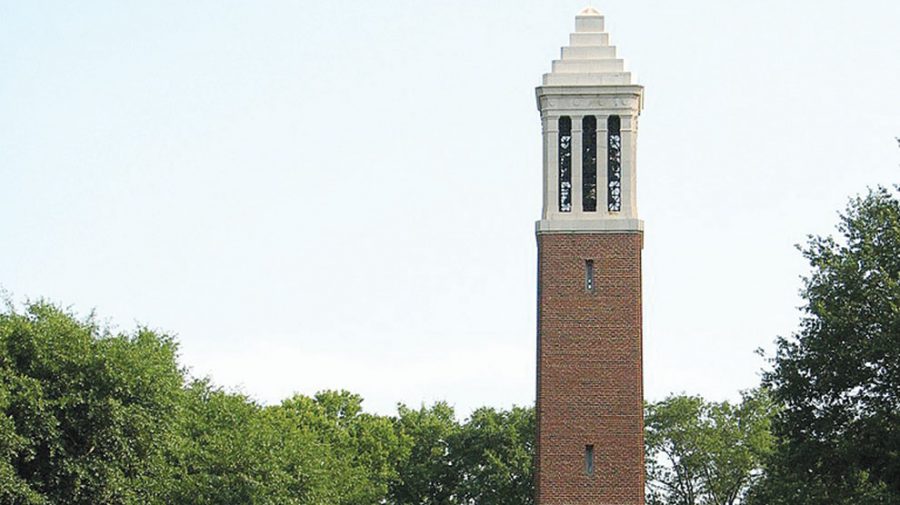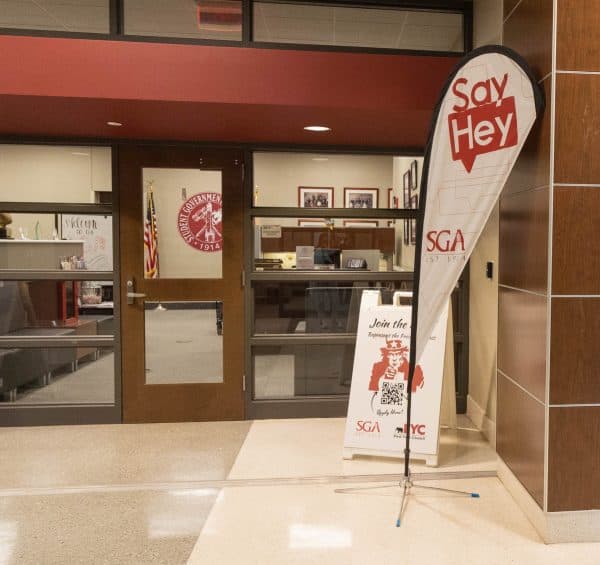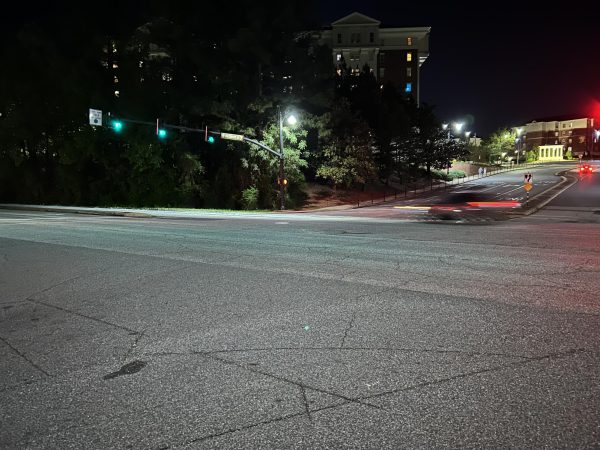Black and LGBTQ+ alumni receive seats on committee
The seats will allow each group to have direct representation on the committee.
April 23, 2021
While Crimson Tide fans were celebrating A-Day over the weekend, two University groups were celebrating a victory of their own. Effective April 17, the Black and LGBTQ Alumni Associations have two seats on the National Alumni Association’s Executive Committee.
The LGBTQ Alumni Association has selected its former president Will Thomas as its representative. The Black Alumni Association will be represented by Stacey Hill, an alumnus from the Culverhouse College of Business.
“I think Will and Stacey will be outstanding board members,” said Calvin Brown, director of alumni affairs and secretary of the executive committee. “They’re very bright alumni who will inject a lot of great activity within the national alumni association.”
According to its website, the executive committee “approves the operating budget and implements the programs and policies of the association.”
Brown described the executive committee as the National Alumni Association’s board of directors, composed of active chapter officers who are all volunteers from all around the country who set policy and strategy for the association.
Chase Sanders is the president-elect of the LGBTQ Alumni Association. For the first two years, he said the alumni group had no formal representation due to its status as an affinity group.
“We were told you can find an executive council member who is active and they can be your representative,” Sanders said. “It was kind of an unofficial relationship that we had.”
The executive committee recently established 30 seats for representatives of affinity groups. These are alumni united by a grouping other than geographical location. Previously, the executive committee based its representation on geography, including 16 Alabama regions and five out-of-state regions.
Each geographical region has one representative that sits on the committee that can represent several chapters of alumnus. The Black and LGBTQ seats will instead represent a national group.
“Where most of our vice presidents represent a district or a region, these two positions will represent a national group,” Brown said.
Both the Black and LGBTQ alumni associations requested direct representation on the executive committee. As the two groups became established, the committee set plans to include them in motion. The decision was unanimously agreed upon by the alumni council, which includes the executive committee, chapter presidents and all former presidents.
“I think it all boils down to inclusivity,” Brown said.
The announcement that the two minority groups have now gained this ability to advocate for themselves is something Sanders anticipates alumni looking forward to.
“We’re not just a voice on the sideline or in the crowd. We’re a part of the team and we’re not on the bench, we’re actually playing,” Sanders said.











